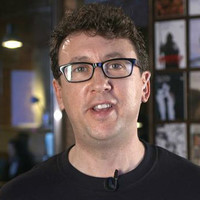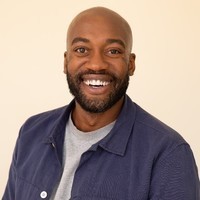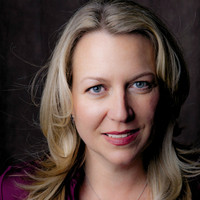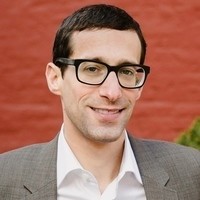Anita Hill is a professor and author. Her new book is Believing: Our Thirty-Year Journey to End Gender Violence.
"I really do feel that my life now has purpose. And my responsibility really is to live out that purpose as much as possible. The reason that this isn’t entirely daunting is that I realize I am one individual. And that the issues will not depend on me entirely. … But I also realize that every person who has the opportunity should be involved, and that includes me."




















